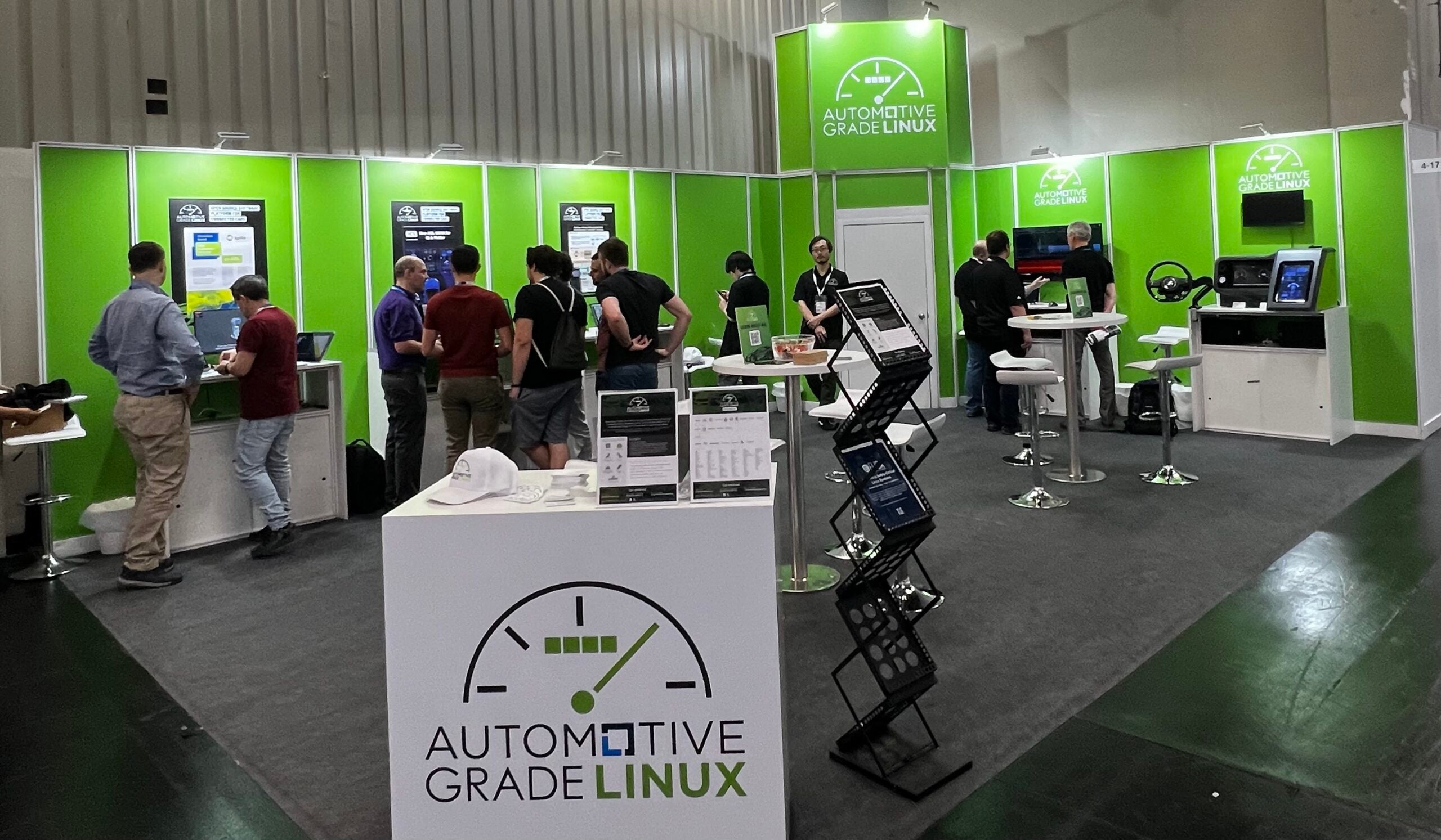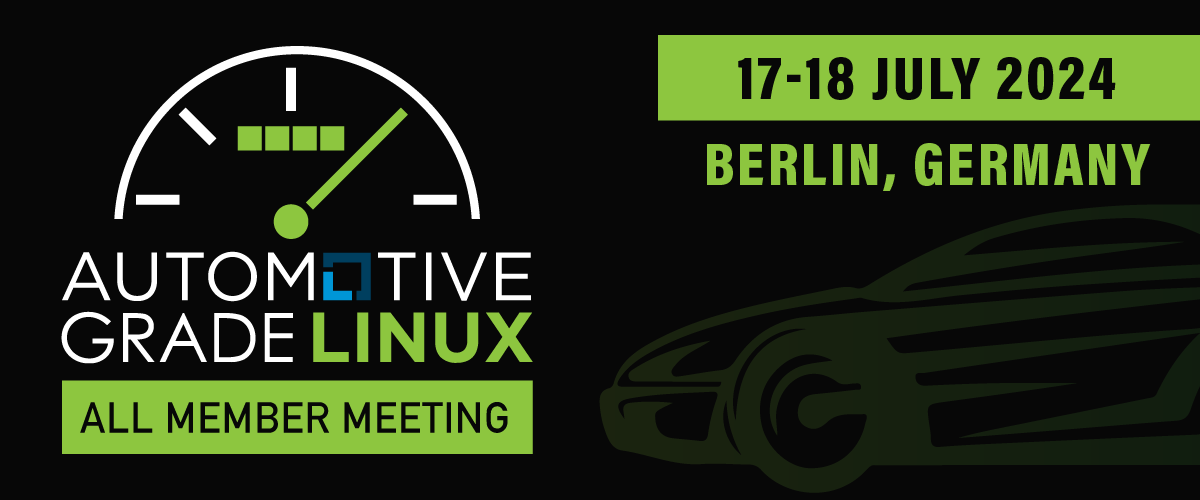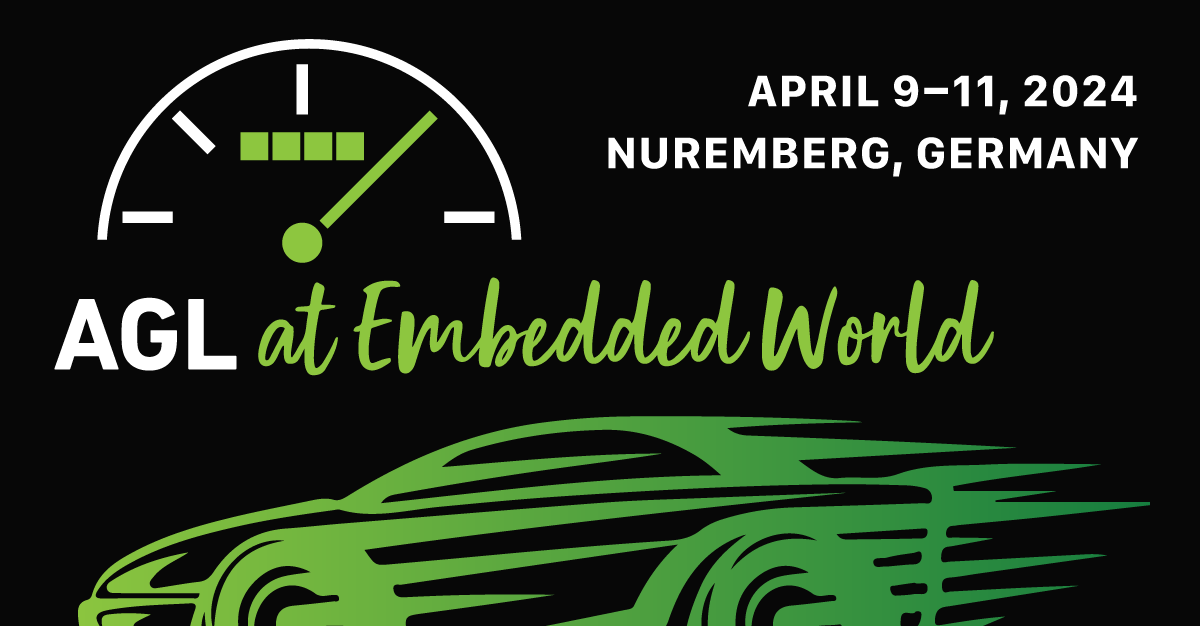Guest post by: Yann Bodéré, Managing Director, IoT.bzh
Long Term Support (LTS) and ecosystem are key differentiators for AGL adoption into mass production. The larger the community is, the easier it is for maintenance, and the ecosystem grows even broader. So, at IoT.bzh, we wondered: why not leverage AGL for other industries with similar constraints to Automotive? We believe that AGL can benefit from additional use cases and potentially enlarge its scope to become more of a Generic Secured Embedded Industrial Linux.
The maritime industry is a good first candidate because many requirements are similar to automotive: massive software complexity need, built-in support for connected services, cybersecurity resilient architecture, over-the-air updates, big data collection, and an even larger LTS need!
Last year, we initiated a collaborative project in South Brittany, France, with four other local actors coming from the maritime sector in order to create a kind of “Maritime Grade Linux” aligned with AGL. The project’s name is SEANATIC (stands for “SEA” + “ANALYTIC”), and the aim is to develop and test innovative solutions to consolidate and modernize maritime maintenance activities.
Currently, machines and sensors on board ships generate a very large amount of data. Unfortunately, these are not always qualified and are not accessible to all stakeholders. This is why the specification of useful information, their pre-processing within an intelligent system and their restitution in an adapted format currently represent a major stake for the actors of the maritime industry.
SEANATIC will make it possible to acquire data on ships and to use it at sea and on land. The objective is therefore to provide shipowners, builders and maintenance operators with more relevant information on the behavior of the boat in order to improve safety, predict wear and tear of mechanical parts and, in general, anticipate needs. The innovation will also provide navigation aids in real time. All of this accumulated data will also feed into the design processes of future vessels, and will make it possible to optimize the environmental aspects (material and energy consumption, discharges, sustainability, etc).
This innovative solution will include an onboard data processing system (edge computing), an adaptive communication system (“Smart Antenna” that includes an on-board server “Smart Antenna Box” and a central gateway server “Smart Antenna Hub”) in order to optimize data transfers between on-board maritime communications systems (SATCOM, Wi Fi, 4G,) and the cloud, and an adapted and adaptive information rendering interface.
For these interfaces to meet the needs of the maintenance activity, the information presented must be compatible with the constraints of the profession on board (Maintenance officers) and ashore (Shipowners, Manufacturer). Individual (profile, level of expertise) and cognitive (fatigue, mental load) situations will be taken into account. This work on the Human-System couple should facilitate professional activity, increase the possibilities of action of the actors involved from the construction stages and throughout the life of the ship.
We have already started adopting/de-risking “AGL@Sea” usage and building initial blocks like integration of NMEA2000, deep learning capabilities to enable navigation safety/risk analysis, predictive maintenance, fuel consumption reduction etc. We presented a very successful first demo in the AGL booth at CES 2020 using our RedPesk® LTS solution.
Our next step is to deploy and test our solution on a real ship of approximately 40 meters. Then, maybe we’ll see an AGL boat on the sea in 2021!
###

About the Author
Yann Bodéré holds two Master’s degrees from University of Bordeaux (France), the 1st one in Electronics Engineering, the 2nd one in Purchasing. He started his career in the automotive industry at Valeo as global leader for electronics components purchasing. Then he joined Renault-Nissan-Mitsubishi as a worldwide purchasing expert in charge of electronics and software where he developed new business models with suppliers. Since September 2019, Yann joined IoT.bzh as Managing Director with the objective of leading the company growth.




